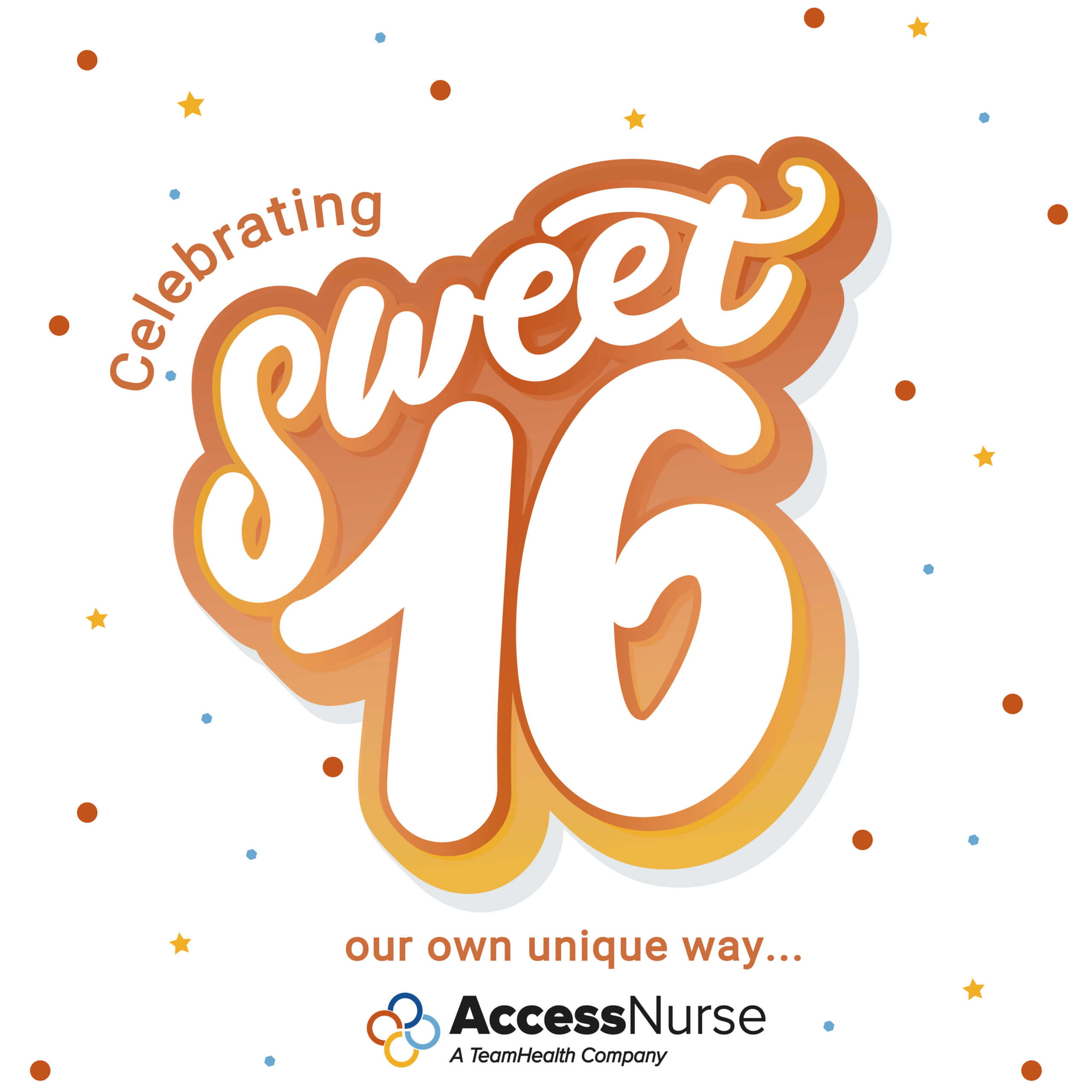Nurse Triage: Connecting Domestic Violence Victims to Support

Studies show that intimate partner violence (IPV), also known as domestic violence, victims often experience abuse or violence on or around major holidays, including Thanksgiving, Christmas, New Year’s, and even Super Bowl Sunday. There are many reasons for elevated abuse, including stress and increased usage of alcohol or drugs.
The most significant and simple contributor to increased domestic violence reports is prolonged indoor living situations where victims face their abusers.
One of the more recent examples, not relating to holidays, includes the COVID-19 pandemic, which spotlights the IPV health crises.
Reports of domestic violence spiked in many countries around the world during the pandemic. According to a study published in the Radiology journal, five victims of severe abuse were identified in 2020, compared to one in each of the three previous years.
While many countries saw an uptick in domestic violence, the United States did not. Many advocates believe that mandated reporters, such as teachers, child care providers, and in-person clinicians, have had fewer interactions with children and parents due to social restrictions. Ultimately, leading to fewer opportunities to assess, recognize, and report signs of abuse than they did before the pandemic.
The Relationship Between Telehealth and the Intimate Partner Violence Crises
Historically, medical offices have been a safe place for patients to disclose abuse. Clinicians and nurses have been on the frontlines intervening when noticing symptoms of domestic violence. In their role, they can privately evaluate patients without explicitly asking for that — when assessing patients virtually and in-person.
However, during periods of confinement (especially extended periods) with their abusers, victims don’t have the same opportunity to seek help openly.
As Telehealth’s role continues to evolve in the healthcare landscape, it will also play a crucial role in supporting victims who seek help and support navigating physical and psychological after-effects of the abuse.
Nurse triaging services will be among the top telehealth entities to provide support. Here’s why:
- Many patients don’t seek care because they’re embarrassed. Having the ability not to be seen in-person may encourage victims to seek help through telehealth medical services.
- Some victims may only have small windows of opportunity to seek help. By calling in for care, victims can make the call at a safe time and location. (when their abuser isn’t around).
- Some victims may not have means of transportation. Calling in may be the only access to care for victims.
- In times of seeking help, victims have a heightened fear of being caught, leading to more severe abuse. Victims would be looking for quick and safe care. By using Schmitt-Thompson’s nurse triage guidelines, triage nurses use a process to ensure a seamless and quick experience.
- For the continuum of care, triage nurses ensure HIPPA compliance and never leave confidential information for an abuser to get their hands on. Additionally, if, for some reason, the abuser has access to patient personal data, the healthcare brand could shield the intent of the call, making it less evident that a victim is seeking help for violence-related issues.
The Art of Listening to Patients: Telephone Triage as a Supporting Lifeline for Victims
A telephone triage nurse’s skill is crucial in supporting domestic violence victims, requiring those in these roles to expand and rely on their critical thinking, reflecting, problem-solving, and listening skills.
In telephone triage, the sight and touch senses are no longer available, forcing telephone triage nurses to rely on only what is heard (in some cases, what is NOT heard), rather than relying on auditory and visual cues to assess the patient’s disposition.
To pick up on signs of a domestic violence victim through the phone, telephone triage nurses will need to take note of these key indicators:
- Appear nervous, ashamed or evasive;
- Describe her partner as controlling or prone to anger;
- Seem uncomfortable or anxious;
- Accompanied by her partner, who does most of the talking;
- Give an unconvincing explanation of the injuries;
- Recently separated or divorced;
- Reluctant to follow advice.
Most importantly, a triage nurse’s compassionate and empathetic heart will help play a role in taking preventative measures to ensure patients’ health and interrupt violence in its earliest forms.



